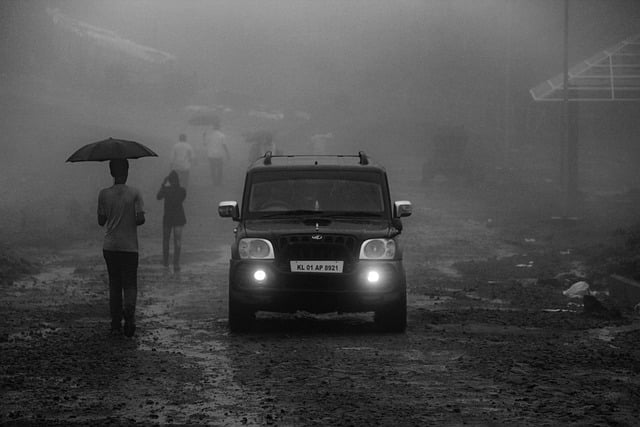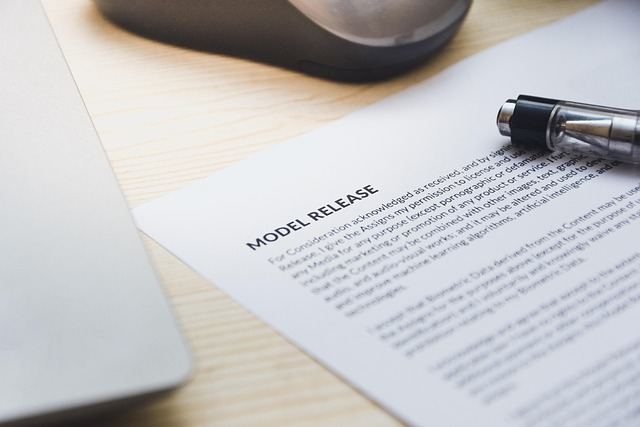Understanding License Regulations: Your Gateway to Maximum Exposure
In the world of business and creative ventures, “exposure” is often synonymous with opportunity, growth, and success. But achieving maximum exposure isn’t just about crafting excellent content or reaching the right audience—it also hinges on understanding and navigating the license regulations that govern how your work can be shared and used.
Whether you’re a photographer, musician, writer, or entrepreneur, license agreements can feel like daunting legal jargon. However, embracing these regulations is crucial. A well-informed approach to licensing empowers you to protect your creations while enabling others to access and promote your work in ways that benefit everyone involved.
Why License Matters in Exposure
At its core, a license is a permission slip. It dictates how, when, and where others can use your intellectual property. This affects exposure because it determines the boundaries of sharing your work.
- Control vs. Reach: Striking the right balance between retaining control and allowing wide use can amplify your visibility.
- Monetization: Licensing can open avenues for revenue while expanding audience access.
- Partnerships: Clear license terms foster trust and collaboration, key ingredients for networking and exposure.
Types of Licenses to Consider
Understanding different license models helps you choose what fits best for your goals:
- Exclusive Licenses: Grant one party sole rights, often leading to tight control but potentially limited exposure.
- Non-Exclusive Licenses: Permit multiple users, enhancing reach but necessitating clear terms to avoid conflicts.
- Creative Commons Licenses: Popular among creators who want to foster sharing while defining usage rights.
Practical Tips for Maximizing Exposure Through Licensing
1. Be Explicit: Clearly define what users can and cannot do with your work to avoid misunderstandings.
2. Know Your Audience: Tailor your licenses based on who will use or distribute your content and how.
3. Stay Flexible: Be open to adjusting license terms as your exposure goals evolve.
4. Seek Expert Advice: When in doubt, legal counsel can guide you through complex licensing landscapes.
In the journey toward maximum exposure, licensing isn’t a barrier—it’s a bridge. By unpacking and embracing license regulations, you’re not only safeguarding your creations but also opening doors to opportunities that might otherwise remain closed. In the grand scheme of exposure, your license is much more than a legal formality—it’s your strategic tool for unlocking potential.




